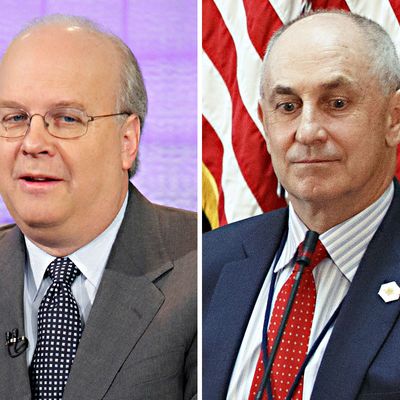
Today, I ran across another sad tale of a White House staffer coming to Washington with great ambitions of shaping public policy, and leaving shocked at the ignorance and cynicism of the people who surrounded him at the peak of power:
In eight months, I heard many, many staff discussions, but not three meaningful, substantive policy discussions. There were no actual policy white papers on domestic issues. There were, truth be told, only a couple of people in the West Wing who worried at all about policy substance and analysis, and they were even more overworked than the stereotypical, nonstop, 20-hour-a-day White House staff. Every modern presidency moves on the fly, but, on social policy and related issues, the lack of even basic policy knowledge, and the only casual interest in knowing more, was somewhat breathtaking — discussions by fairly senior people who meant Medicaid but were talking Medicare; near-instant shifts from discussing any actual policy pros and cons to discussing political communications, media strategy, et cetera. Even quite junior staff would sometimes hear quite senior staff pooh-pooh any need to dig deeper for pertinent information on a given issue.
As the president would say: “Sad.” But as it happens, this lament was not from a refugee from the Trump White House. It was written by former George W. Bush policy adviser John DiIulio in 2002. He wasn’t just someone who had soured on the whole scene; in the same missive he went out of his way to praise W. himself as “a highly admirable person of enormous personal decency [who] is much, much smarter than some people — including some of his own supporters and advisers — seem to suppose.” He even described the dominant figure in the very policy apparatus he abandoned as hopeless, Deputy Chief of Staff and Senior Policy Adviser Karl Rove, as a “very well informed guy when it comes to certain domestic issues.”
But most memorably DiIulio described the Bush policy shop as the domain of the “Mayberry Machiavellis” — the “staff, senior and junior, who consistently talked and acted as if the height of political sophistication consisted in reducing every issue to its simplest, black-and-white terms for public consumption, then steering legislative initiatives or policy proposals as far right as possible.”
In other words, there really wasn’t much of a policy apparatus in the White House at all, but rather a serious of impulses expressed by hyperpolitical people whose main fear was of looking weak and RINOish.
I thought of DiIulio’s take when reading in Politico about the dubious policy process in the Trump White House, headed up by a former corporate CFO (and immigrant from New Zealand), Chris Liddell. It seems that compared to Liddell, Karl Rove was Erasmus:
[M]ultiple people have complained that Liddell, who came from the business world, knows very little about policy.
One person described an episode at the beginning of the administration when Liddell was talking with aides about plans to cut regulations. At one point, the person said he asked, “How many regulations are there? Like 100? 1,000?” People in the room were shocked by how little he appeared to know.
Liddell doesn’t pretend to be a wonk, however: his specialty is managing the policy work of others. But in a White House with relatively few purveyors of policy content and a heavy emphasis on direct access to the Boss, he may just be filling up whiteboards only to erase them.
[T]aming a chaotic West Wing, in which top aides regularly make their case directly to the president, is a nearly impossible task, as former chief of staff Reince Priebus, former communications director Sean Spicer and current chief of staff John Kelly intimately know….
Liddell’s critics believe Trump needs an empowered policy coordinator who has deep knowledge of the issues, influence with the president and enough sway to push back on bad ideas.
“Recently, the president has been trying to do it all on his own. He is his own policy adviser and his own communications director,” said a person close to the White House. “In many respects, the president is his own chief of staff. Nobody is really trying to rein him in anymore.”
Given the vast differences in personality and background of the 43d and 45th presidents, it is telling that both Republican presidents had weak-to-nonexistent policy formulation systems. No matter what you think of the last two Democratic presidents, they both were knee-deep in policy advice, and were seriously wonky themselves. DiIulio, who was no fan of Clinton’s, said matter-of-factly: “The Clinton administration drowned in policy intellectuals and teemed with knowledgeable people interested in making government work.” The Brookings Institution said of the Obama administration:
The Obama administration has created the most expansive opportunity for rigorous evidence to influence social policy in the history of the U.S. government.
Nobody would say that of the Bush or Trump administrations. Maybe it’s not just about presidential personalities after all. Perhaps in these days Republicans do ideology and politics, but just don’t do policy. It would explain a lot.






























